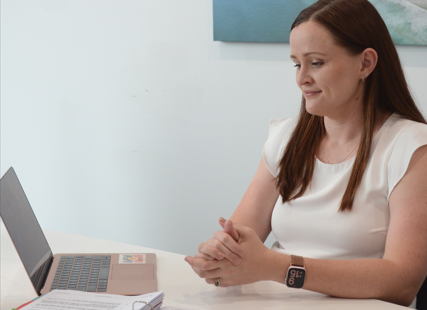Many small and medium businesses are set up with a company structure for a variety of reasons, including often to protect individuals from exposure to financial risk. In theory, that is good practice, however there are exceptions that you as a director must understand.
Certain company debts can become a big problem for directors who can be personally liable. While its not always avoidable, its key you know about it.
When can a director be personally liable?
1. Trading While Insolvent
If a company continues to operate while it is unable to pay its debts as they fall due, this is known as insolvent trading. Directors have a legal duty to prevent this, and failure to do so can result in personal liability.
2. Unpaid Tax and Superannuation
The Australian Taxation Office (ATO) can issue a Director Penalty Notice for unpaid PAYG withholding, GST, or employee superannuation. If not addressed quickly, this notice can make directors personally responsible for the debt.
3. Personal Guarantees
It’s common for directors to sign personal guarantees when securing loans, leases, or supplier agreements. If the company defaults, the director becomes personally liable under those terms. You must get independent legal advice before you sign these documents so you understand the risk and recovery processes.
Why it matters
Many directors only become aware of these risks when it’s too late. By understanding your legal obligations and regularly reviewing your company’s financial and legal position, you can significantly reduce your exposure.
If you’re a company director in Queensland and want peace of mind, we can review your systems and procedures and give you clarity.
Contact our office to book a consultation with our experienced business solicitors.
Disclaimer: This advice is general in nature and is not intended to be legal advice.
If you would like legal advice, please call our office on (07) 5619 0440 and we would be pleased to assist you.
